10 Events that Led to World War I
Franco-Prussian War
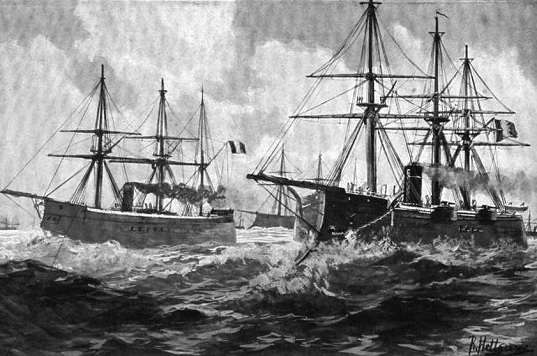
The war between France and Prussia (the future German Empire) that lasted from 1870 to 1871 ended with a humiliating defeat for France. It lost the regions of Alsace and Lorraine and was forced to pay a huge indemnity to Prussia. The Franco-Prussian War led to the creation of a powerful German Empire with military and industrial potential to further disrupt the European balance of power on the one hand and widespread resentment and desire for revenge among the French (revanchism) on the other.
Accession of Wilhelm II to the German Throne
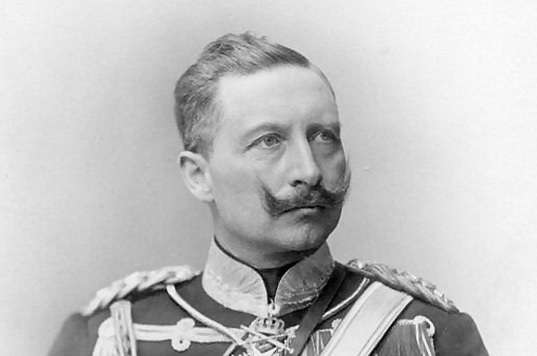
With the accession of Wilhelm II to the German throne in 1888, the German foreign policy became more bellicose. The new German Emperor dismissed the skillful Otto von Bismarck as Chancellor. He also refused to renew the Reinsurance Treaty with Russia that maintained the fragile peace between Russia and Austria-Hungary as well as kept France isolated. That way Wilhelm II helped create an alliance between France and Russia (formed in 1892) that became the basis for the future Triple Entente.
Russo-Japanese War
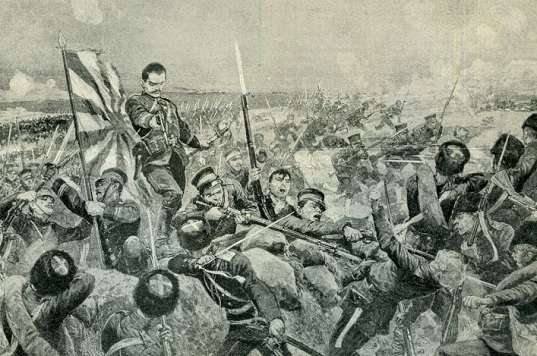
Russo-Japanese rivalry over Manchuria and Korea reached its height with the Russo-Japanese War (1904-1905). The outcome of the war against the Japanese was a major blow for the Russians who lost almost the entire Baltic and Pacific fleet. The defeat also provoked a serious political crisis that led to the Russian Revolution of 1905. But the Russo-Japanese War also made an end to the Russian ambitions in the Far East and as a result, the Tsarist government focused its attention on Europe, in the first place to the Balkans. This intensified the old rivalry with Austria-Hungary that also had a great interest in the Balkans.
Entente Cordiale
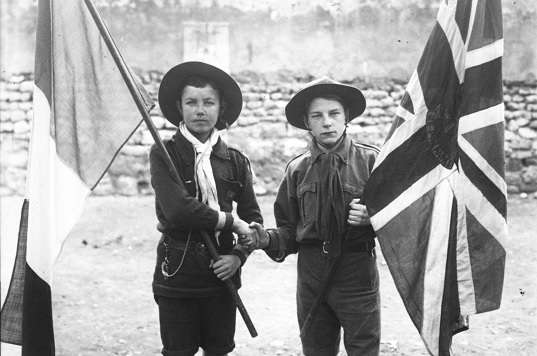
German militarism and especially the buildup of naval power convinced Great Britain that Germany may soon establish itself as a dominant power on the Continent. In order to create a counterweight to the German Empire, the British decided to enter into an alliance with France that came to be known as Entente Cordiale. In 1907, Britain also entered into an alliance with Russia that was already in alliance with France. This formed the Triple Entente which in turn became the core of the Allies during World War I.
Moroccan Crises
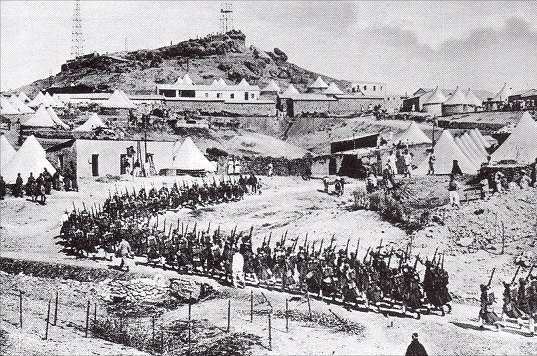
The Moroccan Crises - the Tangler Crisis (1905-1906) and Agadir Crisis (1911) - brought the European powers to the brink of war. Both crises were provoked by the Germans with an aim to cause tensions between France and Britain that just concluded an alliance. The result, however, was right the opposite. Instead of ‘softening’ Britain and bringing it closer to the Central Powers, the Moroccan Crises further reinforced the Entente Cordiale and increased the British hostility towards Germany.
Bosnian Annexation Crisis
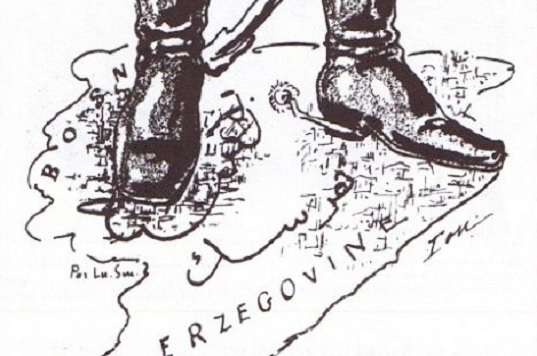
In 1908, Austria-Hungary decided to annex Bosnia and Herzegovina which was formally an integral part of the Ottoman Empire. The annexation of the provinces that were occupied by the Dual Monarchy since 1878 was bitterly opposed by Serbia that was closely related to the provinces both ethically and geographically. Serbia was supported by the Tsarist government and the crisis persisted into 1909. Russia failed to win as firm support from France or Britain as Vienna enjoyed from Germany and accepted the annexation of the provinces. Serbia was forced to back down and the crisis ended. But it permanently damaged the relationship between Russia and Serbia on the one hand and Austria-Hungary on the other. The annexation of Bosnia and Herzegovina caused embitteredness in Serbia, while the way it was carried out humiliated the Russian government that could not afford a similar humiliation during the 1914 July Crisis.
Italo-Turkish War
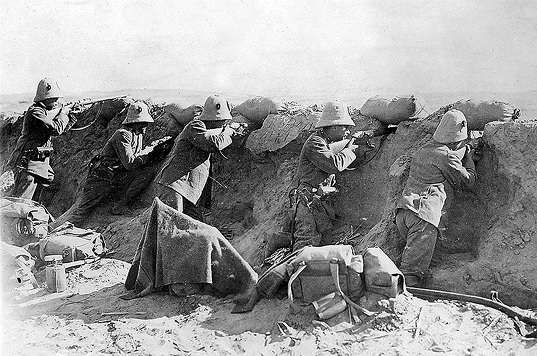
The Italo-Turkish War that took place between 1911 and 1912 did not pose any major threat to peace in Europe. But the Turkish defeat revealed the weakness of the Ottoman army and disagreement between the European powers about the so-called Eastern Questions - the fate of the decaying Ottoman Empire. The war between the Kingdom of Italy and the Ottoman Empire was also a strong incentive for the Balkan League which would capture the Balkan peninsula from the Turks independently from the great powers.
Balkan Wars
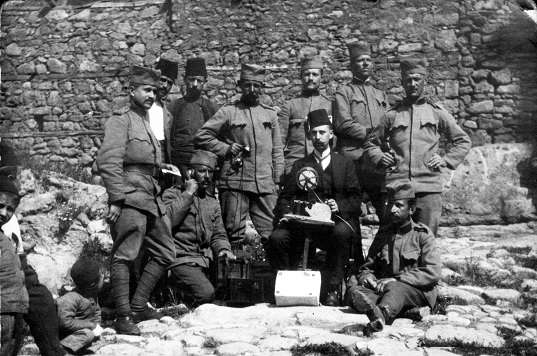
In 1912, Serbia, Greece, Montenegro, and Bulgaria formed the Balkan League, a military alliance against the Ottoman Empire. Within a few months, the Balkan allies stripped the Ottoman Empire of its possessions in the Balkans and divided the conquered territory among themselves. In June, Bulgaria turned against its allies of Serbia and Greece due to a dispute over partition of Macedonia. But the Bulgarians were defeated within a month and forced to give up their claims in Macedonia. The success of the Balkan League shocked most European powers including the Russian allies of France and Great Britain. But it especially disturbed Austria-Hungary which strongly opposed a strong Serbian state. Vienna saw Serbia both as a rival in the Balkans and as a direct threat because it feared that its small Balkan neighbor may become the core of a future South-Slavic state. The Balkan Wars made Austro-Hungarian statesmen even more determined to take concrete action to prevent further strengthening of Serbia.
Assassination of Archduke Franz Ferdinand of Austria
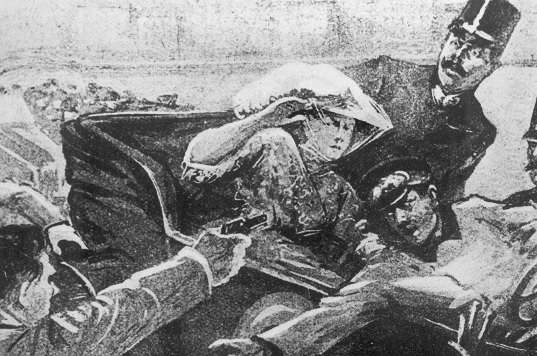
On June 28, 1914, a group of conspirators from the revolutionary movement called Mlada Bosna (‘Young Bosnia’) carried out the assassination of the Austro-Hungarian heir presumptive, Archduke Franz Ferdinand, and his wife while they were visiting Sarajevo. Since the assassin, Gavrilo Princip, and his 5 accomplices were Bosnian Serbs, the Dual Monarchy accused Serbia to stand behind the assassination. The event triggered the course of events that directly led to the outbreak of World War I but it did not cause it. Austria-Hungary was determined to eliminate the ‘Serbian threat’ before the assassination of its heir presumptive and it only needed an excuse to declare war on its Balkan neighbor.
July Ultimatum
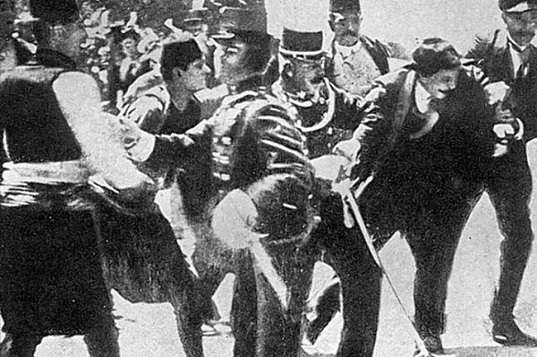
On July 23, Austria-Hungary presented an ultimatum to Serbia. Vienna, however, intentionally imposed impossible demands on Serbia in order to be able to declare war on its neighbor for ‘orchestrating’ the assassination of Archduke Franz Ferdinand of Austria. A few days later, the Austro-Hungarian troops invaded Serbia and started the devastating World War I.
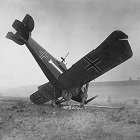
10 Events that Led to the End of World War I
Officially World War I ended with the Armistice of November 11, 1918. However, there were numerous events, some of which even took place in the previous year.